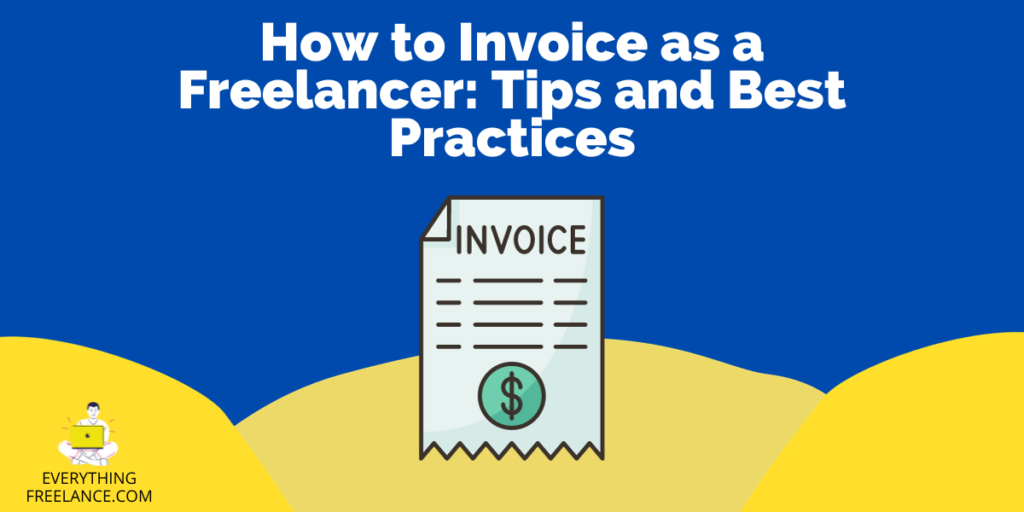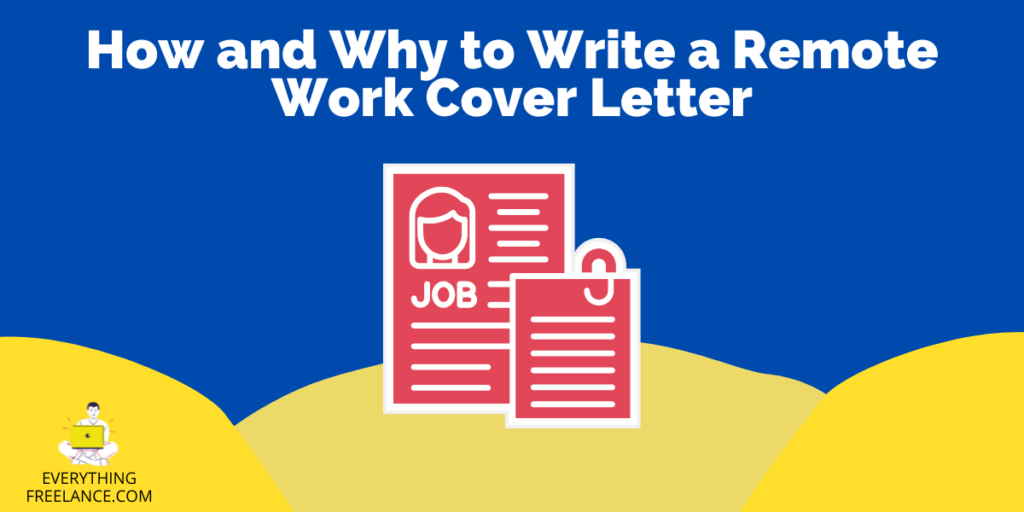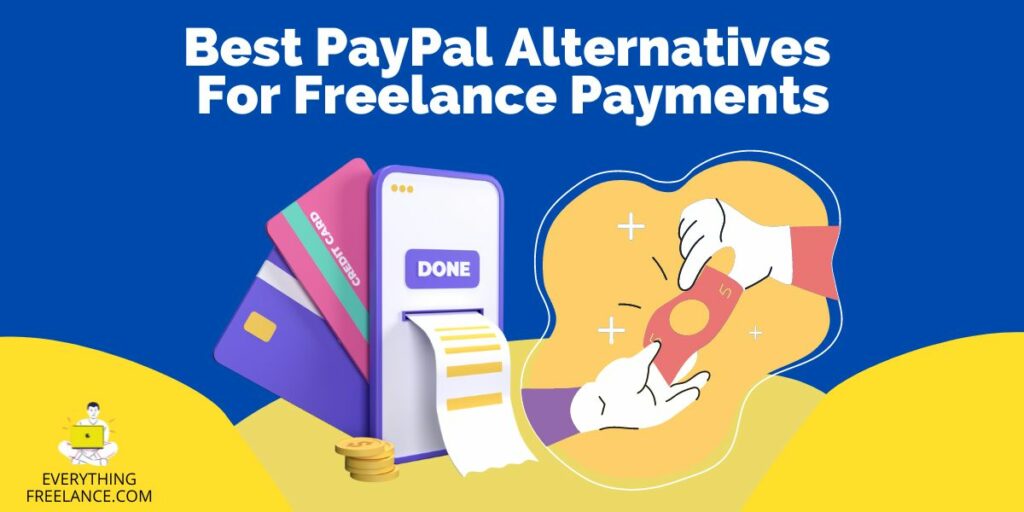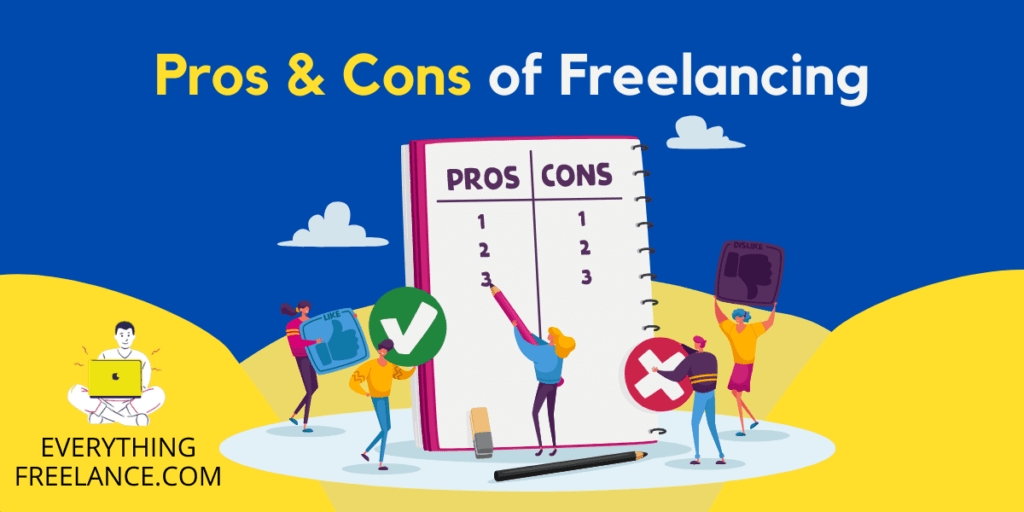With the rise of remote work and the gig economy, becoming a freelancer has become an attractive option for many individuals, and it’s expected that 90.1 million will opt for this path by 2028. That growing trend has given rise to freelance writing as another viable career path in the freelance market.
If writing is your passion and you want to explore the world of freelance writing, this step-by-step guide will teach you how to become a freelance writer and set yourself up for success.
What is Freelance Writing?
Being a freelance writer is the practice of producing written content for many different clients on a per-project basis. There are many types of writing you can specialize in, or you can become a jack-of-all-writing-trades. Not to mention, you get to enjoy other freedoms. You have more control and flexibility over every aspect of your next assignment, such as:
- Choosing the clients you work with,
- Curating the topics you write about,
- Deciding the hours you work
- Setting the rates you charge
- Choosing the location you work from
Why Become a Freelance Writer?

Many benefits come your way when you choose to become a freelancer. Writing is your passion; you get to pursue it and, on top of it, make a living from it. It’s both a lucrative and fulfilling career that doesn’t tie you to fixed working hours.
Additionally, freelance writing provides the opportunity to collaborate with a plethora of clients and explore different topics, which can lead to personal and professional growth.
What Skills And Qualities Do Freelance Writers Need?
Not everyone is cut out for the free-lancing business, where you must set your work structure and organize your day. If you’re trying to succeed as a freelance writer, you need to possess certain skills and qualities, such as:
- Having strong writing skills
- Being an effective communicator
- Possessing masterful grammar skills
- Being detail-oriented
- Able to stick to deadlines
- Managing your time effectively
- Being self-motivated, organized, and adaptable
Getting Started With Freelance Writing

You can start your freelance writing adventure by honing your skills, creating a portfolio, and networking. Each day is a chance to embrace new opportunities that get you one step closer to establishing a successful career. To get started with freelance writing, there are a few steps you can follow:
Create a Portfolio of Your Work
Creating a portfolio is your way of showing off your best work when looking for clients This includes writing samples of your previous work, such as articles, blog posts, or essays. If you haven’t published any work yet, create your samples to demonstrate your writing ability.
Set Up a Website or Blog

You must work on your online presence if you want to attract potential clients and, ultimately, establish your author credibility. You can do so by delivering high-quality work to them or maybe setting up a website to showcase your previous work. Make sure to include a bio, samples of your work, and contact information on your website.
Find Clients And Work
There are several to search for job postings – freelance job boards, joining online writing communities or reaching out to potential clients directly. You can build relationships with other writers and professionals in your niche by networking, which can also lead to job opportunities.
Setting Rates And Managing Your Finances
Your income as a freelance writer depends solely on you. So, it’s important to set your rates and manage your finances effectively. These are some guidelines you can follow:
How to Set Your Rates
When determining your rates, consider your experience, the project’s complexity, and the time it will take to complete. Research the average pay rate in your niche to ensure yours are competitive and you’re not selling yourself short or undercutting the competition. It’s also important to factor in your desired income and the value you bring to your clients.
How to Negotiate Contracts
Once you’ve been offered a freelance writing opportunity, it’s important to negotiate the contract terms, such as the timeline and payment terms. Make sure to have a written agreement in place to protect both parties.
How to Track Your Income And Expenses
If you don’t want to end up on the wrong side of the law, then you must track your freelance income for tax purposes. You have two options – do it manually on Excel spreadsheets or use software designed for accounting. Set aside a portion of your income for taxes and always consult a tax professional to make sure what you’re doing complies with tax regulations.
How to Avoid Scams Aimed at Freelancers
Unfortunately, the freelancing scene can be risky, and there are scams that target freelancers. Here is some advice on how to avoid becoming a victim of these scams:
- Do Thorough Research. Before accepting any freelance writing opportunity, research the client to ensure they have serious intentions. You can start by looking into reviews from freelancers who have already worked with them. Don’t hesitate to ask your peers for their experiences or professional opinions if a job posting seems suspicious.
- Trust Your Instincts. If something is telling you the offer is too good to be true, then it likely is. Listen to your gut and be cautious of clients who offer unusually high pay or have unrealistic expectations.
- Use Secure Payment Methods. For receiving payments, go for reliable options such as PayPal or direct bank transfers, just off the top of my head. Avoid sharing your personal banking information with clients, and always make sure you have a written contract to protect you.
Tips For Success
Unfortunately, being a masterful writer is not the only ingredient to long-term success. You need to combine several skills to make it in this business. The following tips can help a great deal when looking to establish a successful freelancing career:
Be Professional and Reliable
Treat your freelance writing career as a business. Be professional in your communication with clients, respect the deadlines, and consistently produce high-quality work.
Produce High-Quality Work
Continuously improve your writing skills and strive to keep improving the quality of your work. You can either edit it yourself or seek a second pair of eyes for assistance.
Market Yourself Effectively
Promote your services through your website, blog, and social media platforms. Network with other professionals in the writing space and attend industry events to expand your reach.
Build Relationships With Clients
Strive to provide excellent customer service, consider your client’s needs, and deliver work that more than satisfies their expectations. It’s not just about that one client. These long-term relationships can lead to more referrals down the road.
Freelance Writing: In Conclusion
Knowing how to become a freelance writer opens up many opportunities and flexibility. But by following the above-listed steps, you can finally fulfill your long-awaited dream. To succeed as a freelance writer, you should consistently hone your skills, promote yourself strategically, and cultivate solid client rapport. In other words, dedication and perseverance are key.






































































































